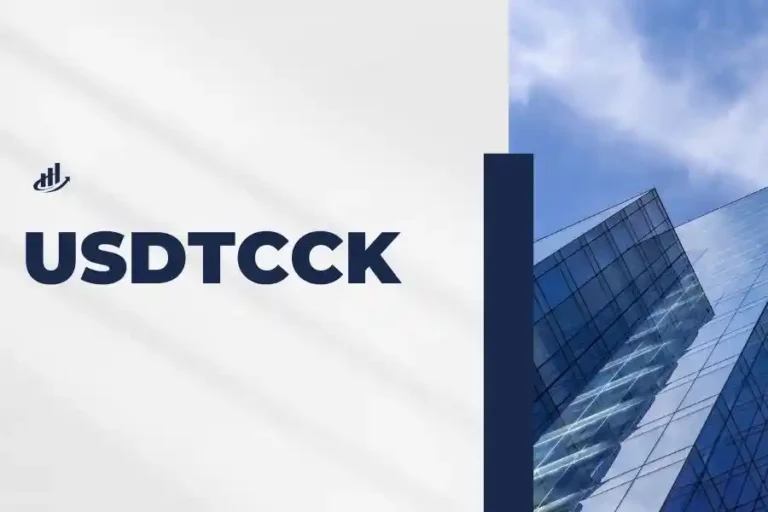Brook Taube Medley: A Deep Dive into the Complex World of BDCs
In the realm of Business Development Companies (BDCs), the names Seth and Brook Taube Medley evoke a peculiar narrative of success, controversy, and intricate financial maneuvers. Despite being Harvard-educated twins, their journey within Medley Management and Medley Capital has been far from conventional.
Understanding Medley Management and Medley Capital
The Genesis of Medley
Brook and Seth Taube, alumni of Harvard University, alongside Richard Medley, initiated Medley Management in 2005 with a focus on a socially responsible credit hedge fund.
The Rise of BDCs
BDCs, akin to mutual funds, gained popularity alongside the surge of private credit in the past decade. Medley Management capitalized on this trend, launching Medley Capital as a BDC in 2011.
The Controversy Unveiled
Despite its inception amidst a burgeoning market, Medley’s performance faltered over the years, sparking debates on their investment decisions and management strategies.
The Tale of Failed Sell Attempts
Financial Turmoil
By 2017, Medley’s financial instability became evident, prompting the Taube brothers to explore a sale of Medley Management.
The Elusive Sale
Efforts to sell Medley Management faced numerous setbacks, including concerns over poor investments and inflated asset valuations.
The Merger Saga
The Proposal
In a surprising turn, Medley proposed a merger between Medley Capital and Sierra, a move aimed at internalizing management and ensuring financial sustainability.
Boardroom Maneuvers
The merger proposal triggered a cascade of negotiations and legal battles, revealing intricate conflicts of interest and governance lapses.
The Fallout and Legal Consequences
Shareholder Revolt
Large shareholders expressed vehement opposition to the merger, citing poor performance and conflicts of interest.
Legal Battles
FrontFour’s lawsuit and subsequent court proceedings shed light on governance failures and managerial improprieties.
Reflections and Regulatory Implications
Activist Interventions
Experts argue for increased shareholder activism to hold BDC management accountable and prevent similar controversies.
Regulatory Reckoning
Proposed SEC reforms aim to modernize BDC regulations, yet challenges persist in ensuring effective governance and investor protection.
The Impact on Investor Confidence and Market Dynamics
Investor Sentiment
The turbulent events surrounding Medley Management and Medley Capital have left investors wary, raising questions about transparency, governance, and ethical conduct within the BDC sector.
Market Perception
The Medley saga has reverberated across financial markets, influencing perceptions of BDCs and prompting stakeholders to reevaluate risk management strategies and investment decisions.
Looking Ahead: Towards Enhanced Governance and Accountability
Industry Reckoning
The Medley controversy serves as a wake-up call for the BDC industry, spurring calls for enhanced regulatory oversight, ethical standards, and shareholder empowerment.
Regulatory Response
Regulators face mounting pressure to enact reforms that safeguard investor interests, bolster governance frameworks, and promote market integrity within the BDC ecosystem.
Conclusion
The saga of Seth and Brook Taube within Medley Management and Medley Capital underscores the complexities and controversies inherent in the world of BDCs. As regulatory scrutiny intensifies and shareholder activism burgeons, the future of BDC governance hangs in the balance. If you also want to read about Paul Inouye Wife then visit that post.
FAQs about Brook Taube Medley
What are BDCs, and how do they differ from mutual funds?
BDCs, or Business Development Companies, function similarly to mutual funds but focus on lending to small and medium-sized businesses, often in the private credit sphere.
What sparked the controversy surrounding Medley Management and Medley Capital?
The controversy stemmed from Medley’s poor investment performance, conflicts of interest in merger proposals, and governance failures highlighted in legal proceedings.
How did shareholder activism influence the outcome of the merger saga?
Shareholder activism, particularly led by FrontFour, played a pivotal role in challenging the merger proposal and highlighting governance lapses, leading to legal scrutiny and eventual reforms.
What regulatory reforms are proposed to address governance issues in BDCs?
Proposed SEC reforms aim to modernize BDC regulations, including increasing ownership limits and enhancing governance accountability, yet implementation challenges remain.
What lessons can be drawn from the Medley saga for investors and regulators?
The Medley saga underscores the importance of robust governance, transparency, and shareholder activism in ensuring accountability and protecting investor interests in the BDC space.







One Comment